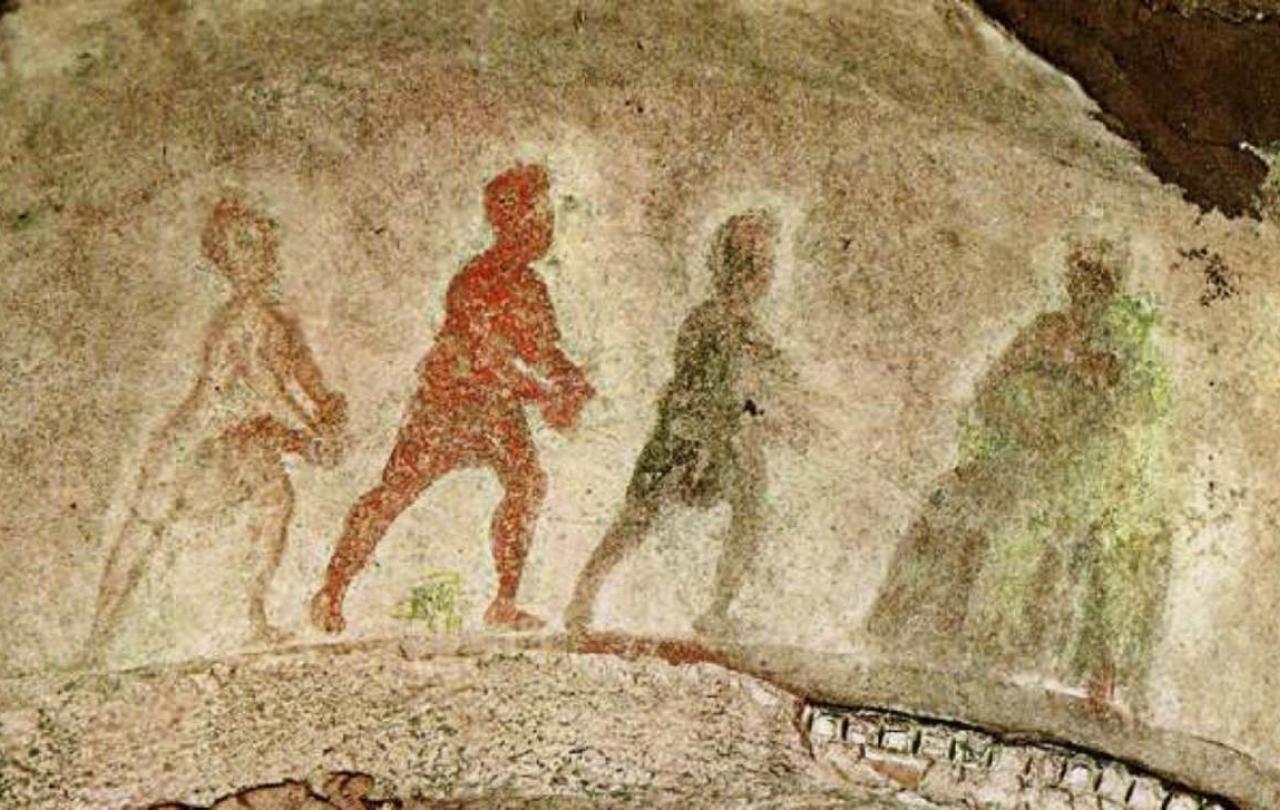
I’m not a great lover of Love Actually, actually. I find it overlong, boring, and unrealistic. The plot holes are yawning. Aurelia’s lack of French despite her living and working in France with a father apparently fluent in French always irks me. Why would anybody in Keira Knightley’s shoes give her husband’s best man that kiss? On this year’s rewatch with my family, Joanna’s run all the way back through the airport, despite her plane to New York being on last call for some time, joined the list. The chauvinism and some of the jokes get more uncomfortable with each passing year.
I guess the suspension of disbelief is the point with a film that is deliberately tongue-in-cheek. Amid the mawkish tat there is a little in the way of saving grace- Emma Thompson’s performance, both in support for her friend Daniel as he grieves, and in dignified devastation at her husband’s unfaithfulness, will always be masterful and deeply affecting. But it is in Sarah’s storyline, caring for her mentally ill brother Michael, that best demonstrates love, actually.
Unless you’ve been under a rock for twenty years, you will know the story. Sarah silently yearns for her colleague Karl, something everyone in the office has become aware of. They get together at the Christmas party, and are about to get to it, when Michael rings, distressed, asking for the Pope, and needing Sarah’s reassurance. She answers the phone, twice, knowingly ending her chance with Karl for that evening, and possibly forever.
Love Actually is mostly full of glossy and unrealistic love. Attraction is easy, love comes quickly, meet cutes are abundant, demonstrations of love are impulsive and Christmas romances happen all over town. Pretty much everyone ends up twinkly-eyed despite the origins of their own story arcs. But Sarah turns down this kind of romantic love for an older, deeper, more burdensome love and a less happy ending.
In leaving behind her chances with Karl to care for Michael, Sarah self-sacrifices her own dreams to embrace the circumstances she has been given. In our current era of boundaries, self-prioritisation, and idealising of (particularly Christmas-orientated) romantic love, Sarah’s example is never more important. Hers and Michael’s story would not feature in a Hallmark Christmas film, and it feels the most real of all for that reason.
Sarah demonstrates that love is not always simply a joy, delight, and comfort, but very often a scarred, painful, and deliberate choice to put oneself second even when some or all of our being is resentful and resistant. The hand she has been dealt, being the only family for Michael, carrying his care on her shoulders alone, is not particularly fair. The demands sacrificial love makes of us are often not fair; romantic, familial, or otherwise, but to love truly is to love anyway, bearing the cost of loving those who are a burden to us, and the humiliation of being loved by those to whom we are a burden.
The siblings’ story strikes at the truest meaning of love at Christmas. Jesus’ birth is the eternal demonstration that God is not content to remain in the comfort of heaven in perfection, but instead comes to suffering and hurting humanity. In the same way that Sarah gently and firmly deals with Michael’s violence, so God deals with all the violence we throw at each other and at God, and loves us anyway. Just as Sarah sacrifices her own dreams of life with ‘lots of sex and babies’ with Karl to spend Christmas Day in a more costly, more true relationship with Michael, so God’s own Son gave up heaven and humbled himself to spend the first Christmas Day in a feeding trough, present to humanity and all its burdens.
If you attend a carol service this year you will probably hear the title given to Jesus by the prophet Isaiah of Immanuel, meaning God with us. This name demonstrates that although we all carry our own instability, weakness, and selfishness, God’s love does not leave us, but is all the more present with us in our need to be loved although we offer little or nothing in return to God. On a cosmic level, we are the burden, with our individual and communal tendency towards self-destruction. And yet, the Christmas story reminds us that God remains present to us.
This is love actually at Christmas. It’s not happy endings and spontaneous proposals. It’s painful, suffering, difficult, unfair, sacrificial love. Sarah and Michael’s story expresses the truest expression of love we will ever see. The kind that gives up dreams to be present to those who are suffering. The kind that gives up heaven to be present to those on Earth. The kind that accepts the love given by those who can give it, even if we feel humiliated by the depths of our need. If we choose to embrace the unglamorous, the burdensome, the inconvenient, we will never be closer to the first and truest of all Christmas stories.
Thank God for Sarah and Michael, who point us to the cowshed containing the God who does not abandon us for better and easier things, despite our fragility.
(And makes Love Actually a little less insufferable).
Join with us - Behind the Seen
Seen & Unseen is free for everyone and is made possible through the generosity of our amazing community of supporters.
If you’re enjoying Seen & Unseen, would you consider making a gift towards our work?
Alongside other benefits (book discounts etc.), you’ll receive an extra fortnightly email from me sharing what I’m reading and my reflections on the ideas that are shaping our times.
Graham Tomlin
Editor-in-Chief





